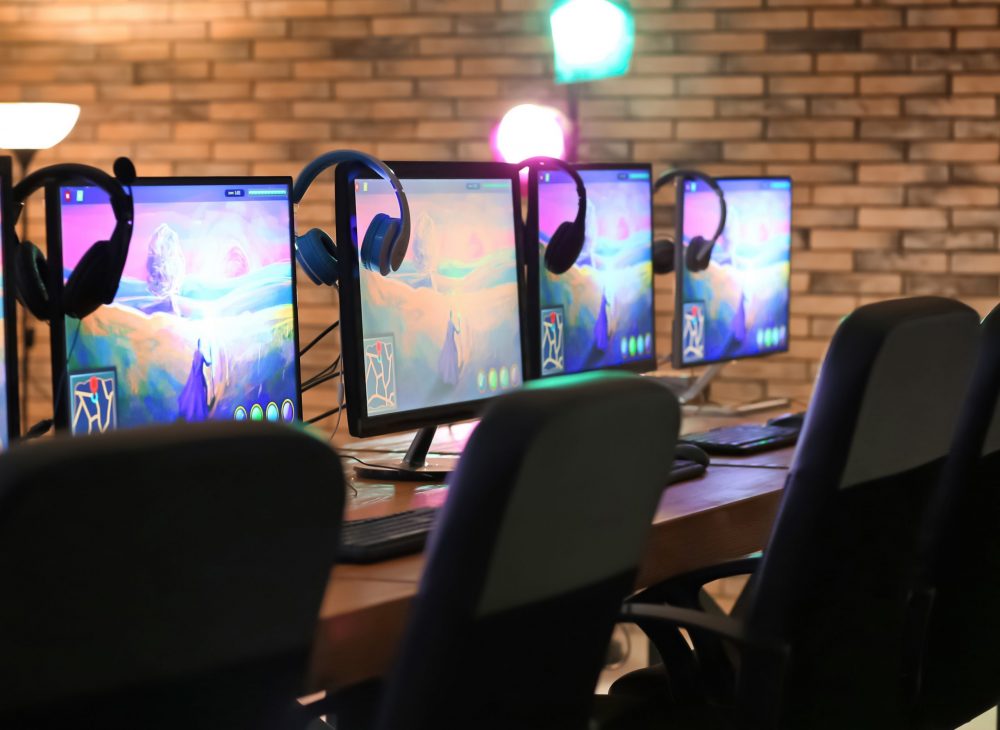Gaming monitors have become an essential component of every gamer’s setup. With their high refresh rates, low input lag, and advanced display technologies, gaming monitors offer an immersive gaming experience that traditional monitors simply cannot match. However, like any other electronic device, gaming monitors have a limited lifespan. In this article, we will explore how long gaming monitors typically last and the factors that can affect their longevity.
How long does a gaming monitor last?
A gaming monitor can last anywhere from 3 to 7 years depending on its quality, usage, and maintenance. Most manufacturers provide a warranty of up to three years, but with proper care and maintenance, a gaming monitor can last even longer.
What factors affect the lifespan of a gaming monitor?
Several factors can affect the lifespan of a gaming monitor. These include usage time, environmental conditions, quality of the components used, and the level of maintenance it receives. Poor handling, exposure to extreme temperatures, and excessive dust and debris can all contribute to the deterioration of a gaming monitor over time.
Can I extend the lifespan of my gaming monitor?
Yes, you can extend the lifespan of your gaming monitor by taking proper care of it. This includes cleaning it regularly, avoiding exposure to extreme temperatures, and protecting it from physical damage. You can also adjust the settings to optimize performance and reduce strain on the monitor.
Is it worth repairing a gaming monitor?
It depends on the extent of the damage and the cost of repair. If the damage is minor and the repair cost is reasonable, it may be worth repairing your gaming monitor. However, if the damage is extensive or the cost of repair is close to the cost of a new monitor, it may be more economical to replace it.
How often should I upgrade my gaming monitor?
It is not necessary to upgrade your gaming monitor every year. However, if you want to keep up with the latest gaming technology and features, upgrading every 3-5 years may be a good idea. You should also consider upgrading if your current monitor no longer meets your gaming needs or if it is starting to show signs of wear and tear.
